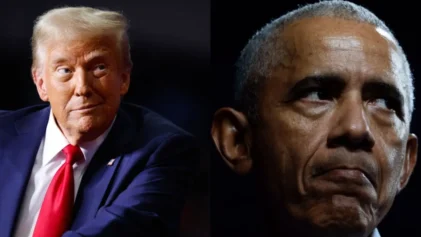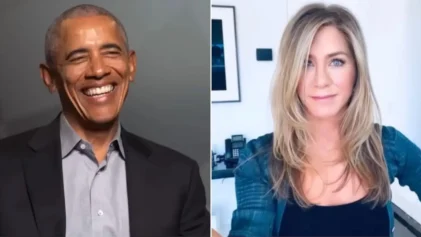United States President Barack Obama has warned that South Sudan is on the “precipice” of a civil war, after clashes in the capital Juba spread around the country.
He said 45 military personnel had been deployed to South Sudan on Wednesday to protect American citizens and property.
On Thursday, three Indian peacekeepers died in an attack on a U.N. compound.
According to the BBC, at least 500 people are believed to have been killed since last weekend, when South Sudan President Salva Kiir accused his ex-deputy Riek Machar of a failed coup.
“South Sudan stands at the precipice. Recent fighting threatens to plunge South Sudan back into the dark days of its past,” Obama said in a letter to Congress.
“Inflammatory rhetoric and targeted violence must cease. All sides must listen to the wise counsel of their neighbors, commit to dialogue and take immediate steps to urge calm and support reconciliation.”
Sudan suffered a 22-year civil war that left more than a million people dead before the South became independent in 2011.
South Sudan Coup
After Kiir, announced Sunday that his government had put down a coup attempt led by Machar, the dissident faction overtook a key town in Jonglei, and hundreds of people have been killed in the growing conflict.
The spokesman for the South Sudan military, Philip Aguer, said authorities in the state capital of Bor were not answering their phones. Officials in the South Sudan government believe this is because they have defected.
“We lost control of Bor to the rebellion,” Aguer said.
A spokesman for the U.N. secretary general’s office said that according to the Red Cross, at least 19 civilians had been killed in Bor.
The BBC reports that Bor, the capital of Jonglei, has long been seen as one of the most volatile areas of South Sudan.
There were also rising tensions in Unity and Upper Nile states, as soldiers from the majority Dinka tribe of President Kiir are clashing with those from the Nuer ethnic group of the ousted Vice President Machar.
The U.N. has asked Uganda’s president, Yoweri Museveni, to mediate between the rival factions.
Machar denied allegations that he was responsible for the coup, telling the BBC, ”Salva wanted to frame me. I had to flee. They are hunting me down.”
He blamed Sunday’s fighting on a conflict between members of the presidential guard, and charged that government troops had used the incident to arrest some of his supporters.
This latest conflict has been building since July, when Kiir dismissed his entire cabinet, including Machar, in an apparent power struggle. Machar and other senior politicians have accused the president of intolerance and dictatorship. Their struggle is a reflection of a larger ethnic conflict in the world’s newest country. The Nuer have been complaining that the government is dominated by Dinka.


